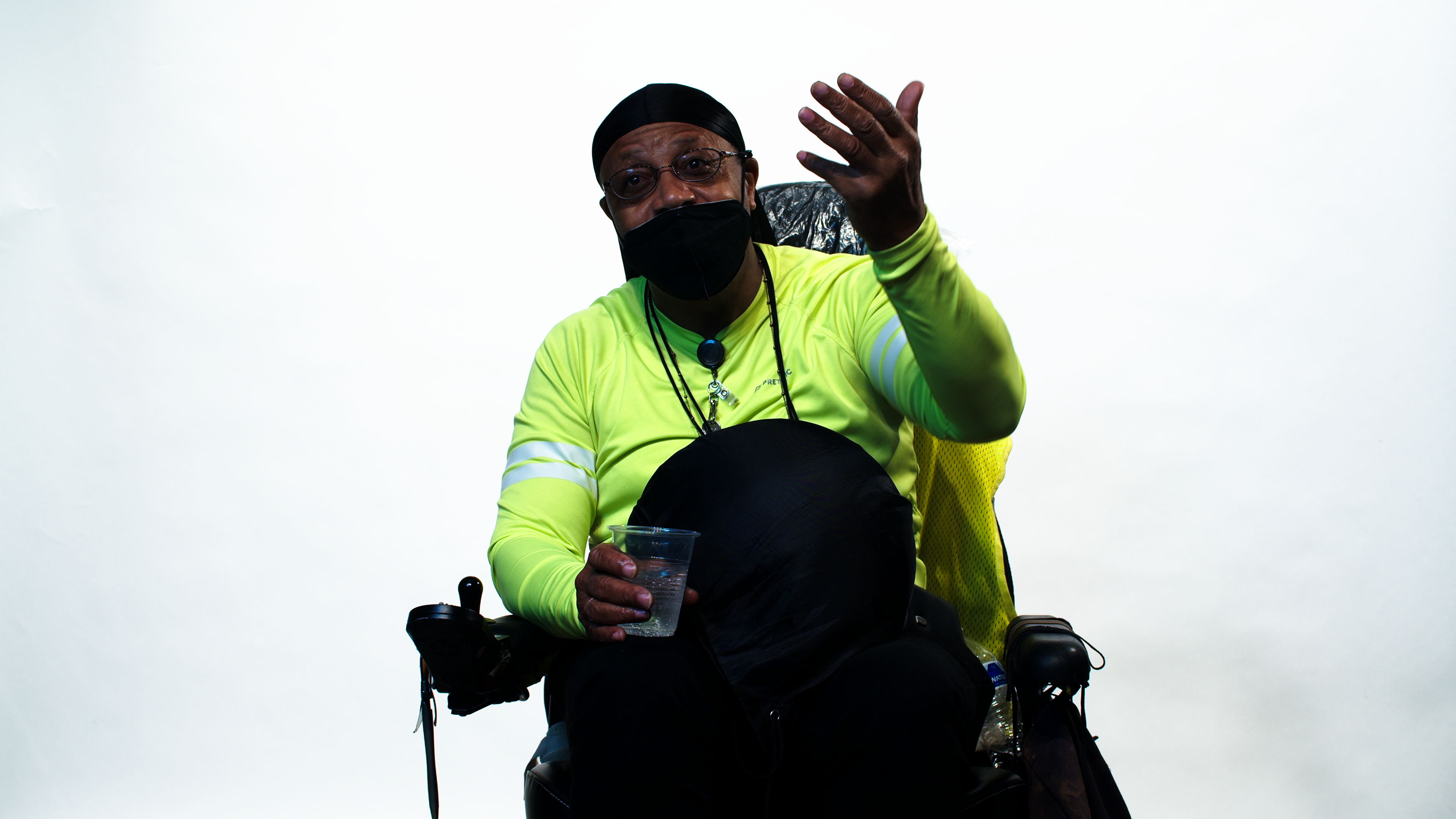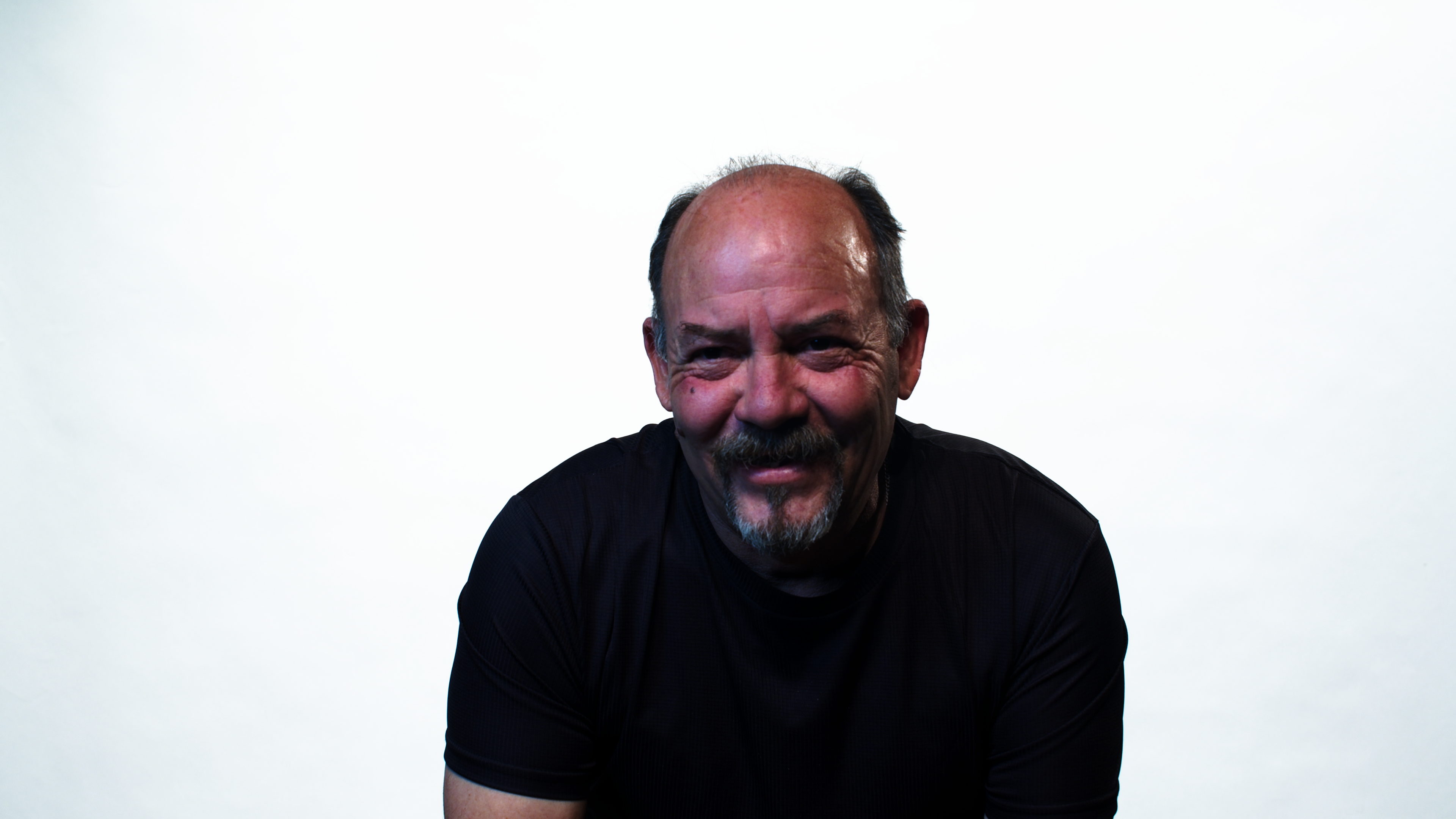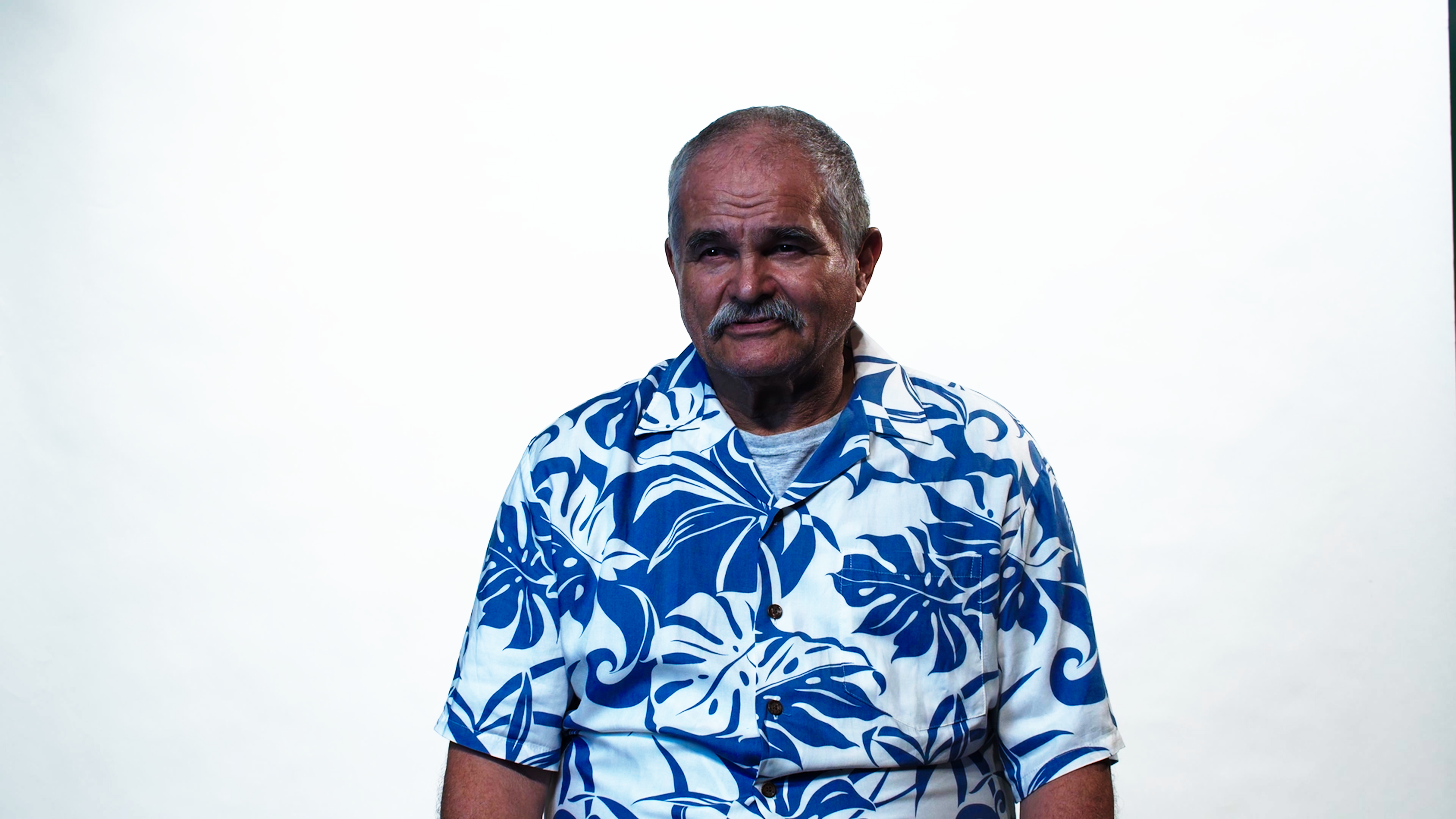LA2050 Blog
We’ve got access to the information that every Angeleno needs to make an impact. Our blog features the latest LA2050 news, announcements, features, happenings, grantee updates, and more.

Tía Chucha’s TransformArte Reimagines Reentry Through Healing and Art
PostedOver the past month, we checked in with our 2024 grantees to learn how their funded programs, projects, and initiatives are progressing – and to better understand the impact they’re making across Los Angeles. Now, we are excited to share these interviews, with stories of growth, challenges, and community transformation.
Tía Chucha’s Centro Cultural & Bookstore received funding through the LA2050 Grants Challenge from the Goldhirsh Foundation to support TransformArte, an Indigenous-led reentry arts program fostering healing and community for formerly incarcerated adults. Below is an edited transcript of our conversation with their team.

LA2050: TransformArte embraces formerly-incarcerated individuals and provides them with a community of healing, learning, and connectedness. Tell us about how creating strong social networks is essential to supporting individuals post-release.
Tía Chucha’s: At Tía Chucha’s Centro Cultural, we understand that people coming home from incarceration are often reentering a world that still feels isolating. That’s why TransformArte is rooted in the belief that healing happens in community. After being in environments built around punishment and disconnection, people need spaces that offer the opposite – places where they’re seen for their full selves, not just their worst moment. We hold space where people feel welcome to show up authentically, be creative, and build relationships. The goal isn’t just to offer programming, it’s to nurture a community where mentorship, expression, and transformation can naturally flourish. Honoring our Indigenous roots, we recognize that we heal in relationship with others and through connection to land, story, and culture. TransformArte gives people that space, a place to rebuild social bonds, and reconnect with themselves and those around them.

LA2050: How does creative expression further empower participants in the reentry process? Share an example of how poetry, visual art, storytelling, or other mediums have helped participants name or reclaim parts of themselves.
Tía Chucha’s: Creative expression is central to TransformArte, it’s how people see themselves, reclaim identity, and move forward. We’ve witnessed participants come in from halfway houses, environments that still mirror carceral control, and be deeply moved simply by being treated with respect, by being looked in the eye, and being asked to share their stories. In one of our recent cohorts, a participant who had been incarcerated for many years spoke at our closing dinner, breaking down in tears as he described what it meant to finally put down the emotional mask he’d worn for so long. Through writing prompts, cultural teachings, and art-making, he and others were able to express things they hadn’t shared in decades. People said they felt like better men, better family members. At our public events, participants often share their poetry or art with the broader community. These moments are powerful, not only for the creators, but for everyone witnessing them, reminding us of the deep strength it takes to be vulnerable, and the beauty in reclaiming one's story.

LA2050: What do you hope to achieve in the last six months of the grant, and how can the broader LA2050 community support?
Tía Chucha’s: We’re incredibly grateful for the flexibility LA2050 has offered as we’ve evolved the program. Over the past year, we’ve shifted from a solely welcoming model to a more intentional, transformative justice lens, asking harder questions about power, privilege, and harm, and preparing our team and facilitators to address those dynamics with care and accountability. We’ve also begun to root the program more deeply in connection to the land. We believe that our healing and our futures are tied to the earth, and we’re integrating those practices into the curriculum. This expansion of our work, while necessary, has required time and thoughtful change. In the final months of the grant, we aim to deepen these shifts, build a stronger foundation for true community accountability, and ensure our participants are held in spaces that nurture growth, justice, and collective care. The broader LA2050 community can support us by acknowledging the weight and importance of this work, and continuing to amplify it. Whether through partnerships, shared learning spaces, or community connections, we welcome allies who are committed to imagining and building a more just world together.
Interview Participants:
Melissa Sanvicente, Associate Director
Rebecca Gomez, Trauma to Transformation Program Director